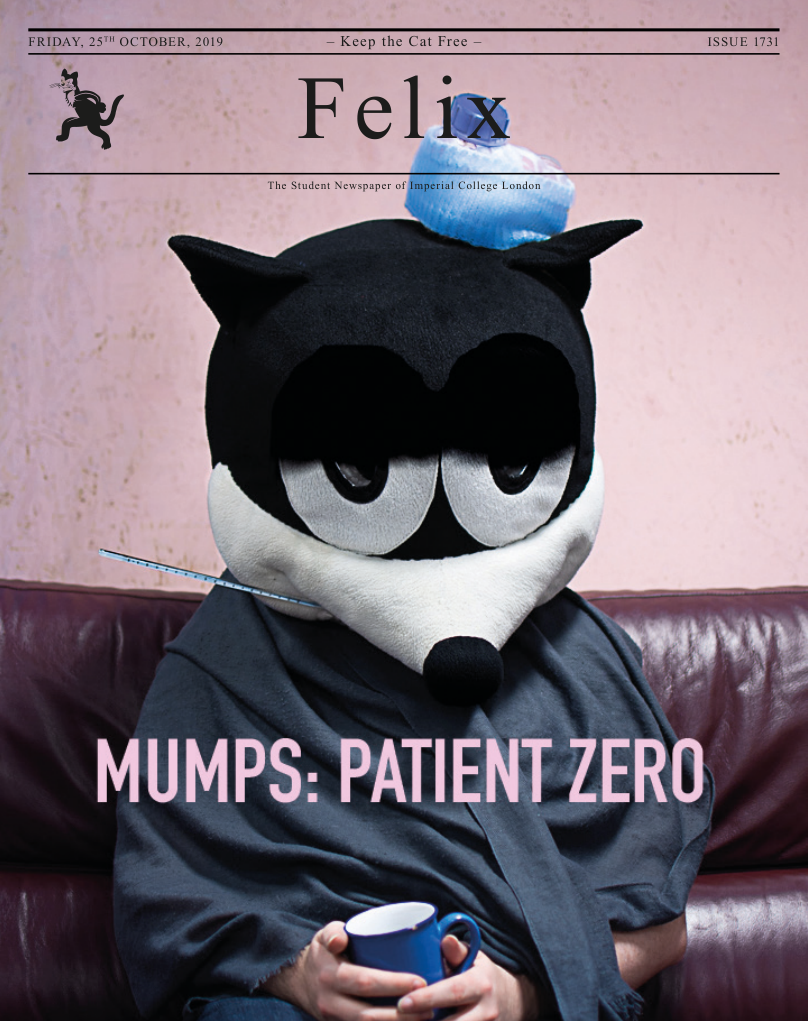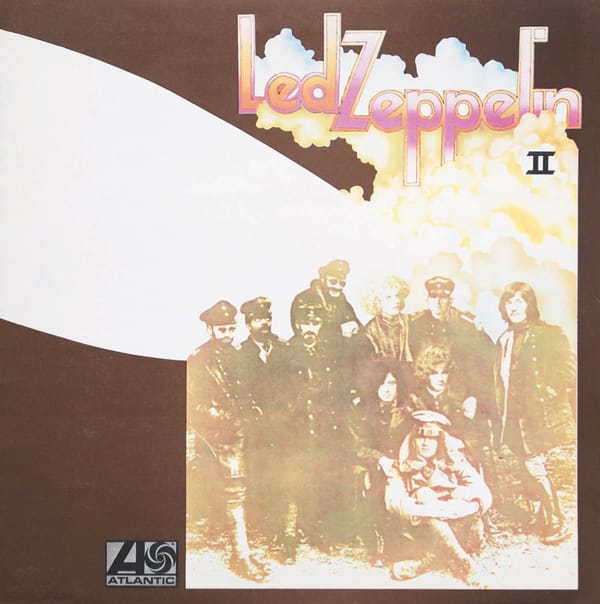Decimal Man Still CRUSHing it After Over Four Years

4.5 stars
Floating Points is a man with a PhD from UCL. Now, I wouldn’t want to set the bar TOO high but FP’s friend Dan Snaith, a.k.a. Caribou, a.k.a. Daphni, has a PhD from Imperial, as does Brian May. Looking at musicians with doctorates from the most (un?)prestigious London universities, that is an elite crowd. Does Sam Shepherd stack up? I mean, hair-wise he has neither the aggressively balding forehead of Snaith nor the luscious foliage of May. So what is he then? Are his beats any good? Does Imperial’s newspaper rate his new album, Crush?
Unsurprisingly, for a man whose academic background is in neuroscience, FP’s music is very cerebral. The beats have a jazzy vibe to them, and despite being dense and layered retain a feet-moving verve. This has always been the case. It is the melodies which are a departure on his newest effort. On his previous LP, 2015’s Elaenia, they were subtle, drawn out, and built up over a span of minutes. He had a whole band to round out the delicate electronic sound: guitars, strings, percussion... This time around he goes it alone.
The first track on the album immediately links us to the symphonic depth that we’re used to hearing from the nerdy producer who named himself after non-integers. By the halfway point of ‘Falaise’ the flutes, brass, and strings are mingling with a synth overdosing on grossbeat, and the album never looks back. ‘Last Bloom’ picks up with some nice glitchy arpeggios panning from ear to ear, as well as some very crushing beats, but never takes it above second gear. The ambient sound continues in the next track, ‘Anasickmodular’, after which another orchestral piece, hilariously titled ‘Requiem for CS70 and Strings’, prepares us for the meat of the album.
‘Karakul’, which a google search tells me is the name of an Uzbek sheep breed, acts as the bassy platter on which the highlight of the album is served. The melodically roaming, kick-stomping, deep bass driven ‘LesAlpx’ opens with two elements which follow the entirety of the track. There is the one-note bassline and, at the end of the phrase, a little telephone beep of a flourish. They are joined by a relentless four to the floor and very curt closed hats. Finally, some deep-cave-sounding synths pan in and out to round out the aura of being a hawk on an intense flight over some very tall mountains. The best feat of the song is the way it completely recedes at the midpoint, before taking you by the collar and marching you to its conclusion.
The rest of the album then tunes it down a notch again, with some highlights of the mysterious and atmospheric sound including ‘Bias’, containing a bass that sounds like it wants to hurt me, and ‘Birth’, which sounds like the synthy cousin of a classical ballroom dance piece.
So, Mr. biologist, what comes after Birth? Well, it all ends with ‘Apoptose’ in two parts, the so-called programmed cell death (he can’t help himself with the weird science flexing, can he?), placing an exquisitely serene nightcap on an excellent album. You might be from UCL, but we have to give you this one…









